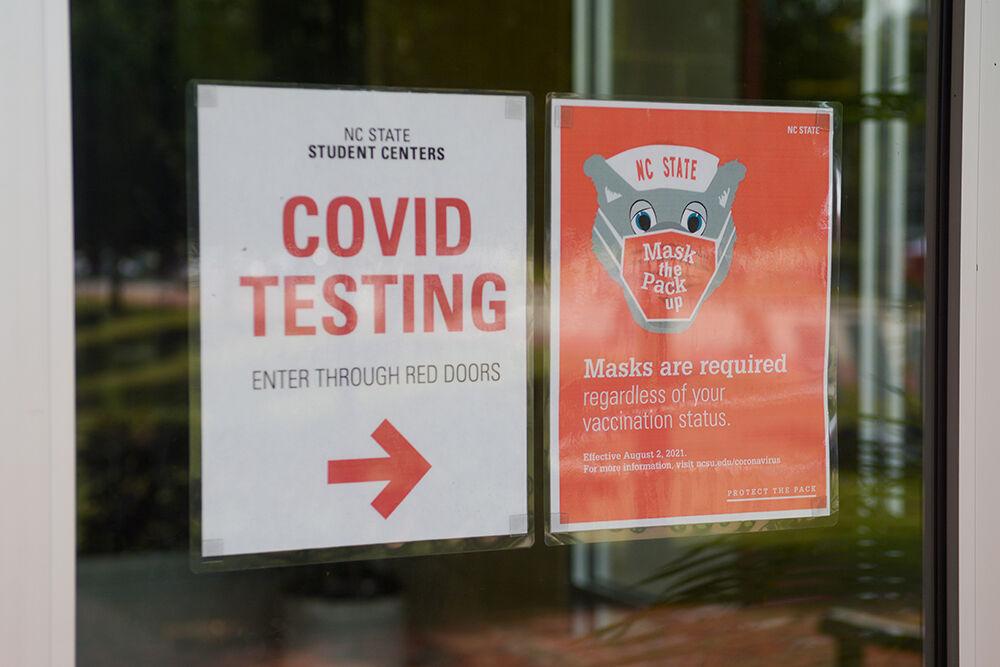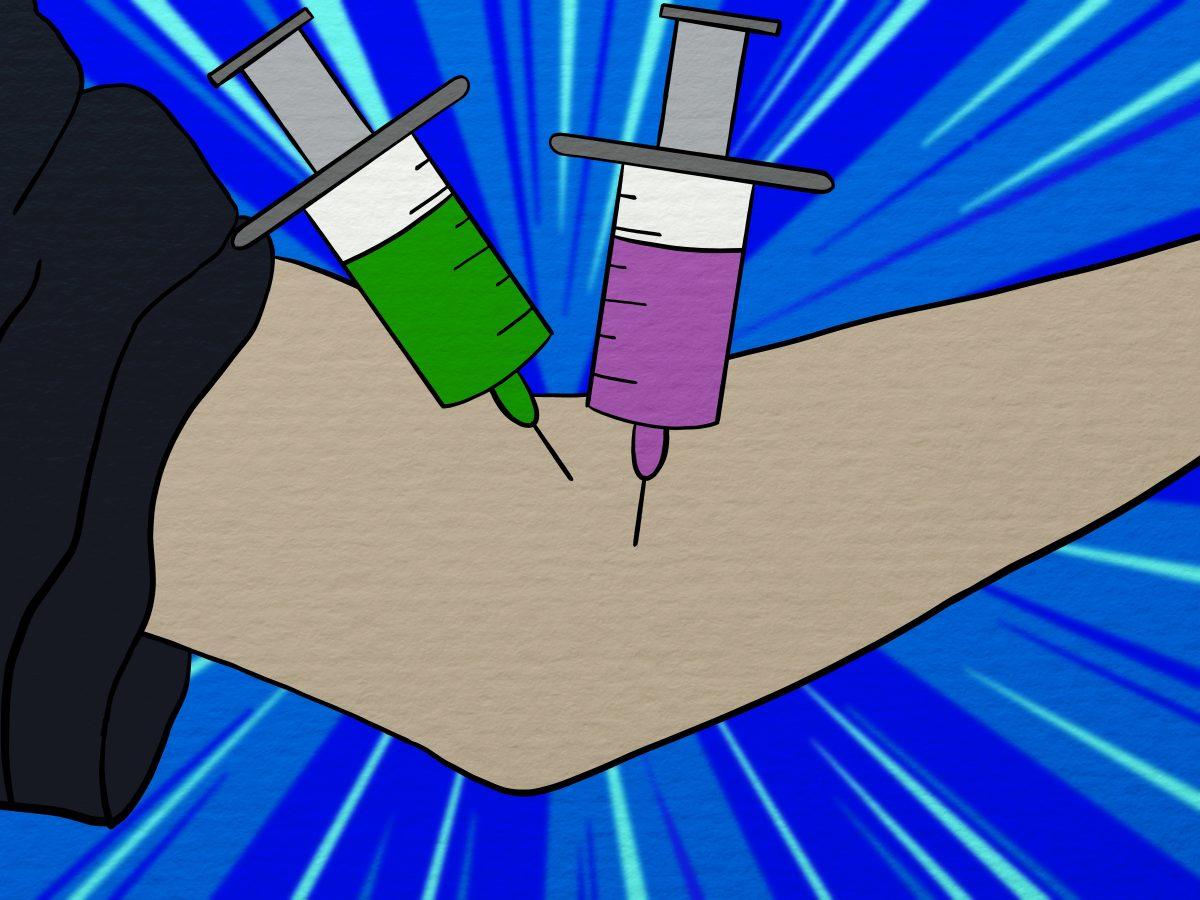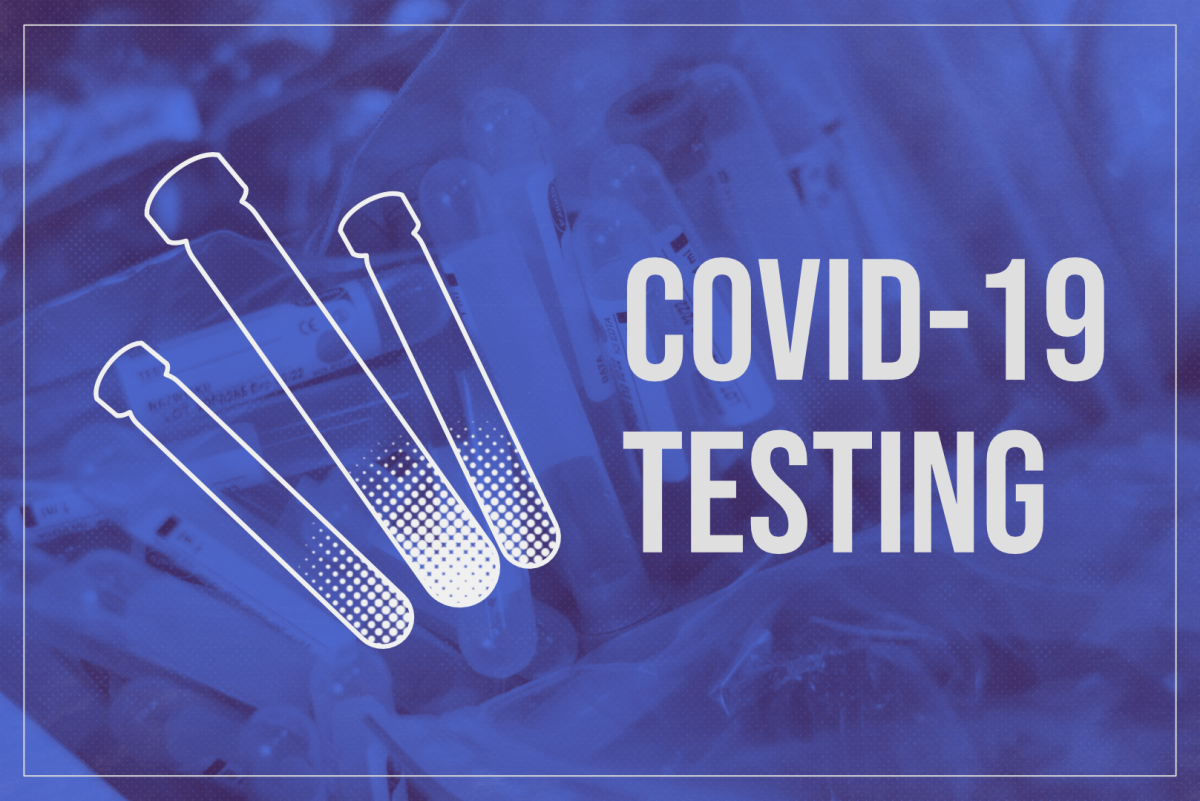On April 2, the Food and Drug Administration released new guidelines on donating blood during the coronavirus outbreak. With the COVID-19 pandemic continuing to soar across the United States, various events have had the need to close down in order to follow safe social distancing guidelines, and this applies to blood drives across the state. With the sudden drop in blood supplies and suppliers, the FDA has issued updates on its restrictions also, including a laxer restriction for gay and bisexual men to donate blood. While the less strict restriction for gay and bisexual men to donate blood is a victory against discrimination, the FDA can do more toward ending said discrimination.
Restrictions for donating blood based on sexuality are not a new issue in the history of the United States. In 1983, amidst the early stages of the catastrophic AIDS crisis in the United States, gay and bisexual men were prohibited from donating blood. This ban was only slightly lifted in 2015, when the FDA updated their policies on their ban, allowing gay and bisexual men who tested negative for HIV to donate blood after a year of abstinence toward sex with other men.
Backlash against the discriminatory ban against these men has existed since the infancy of the FDA’s policy. Activists have long since marched about the injustices of discrimination before, during, and after the AIDS epidemic. Just two years ago we had one of our staff writers, back then in his correspondence, write about how the FDA’s policy is discriminatory towards the LGBTQ+ community. These activists are correct, as there is no real reason for discriminating against blood donors based on their sexuality, especially during a national crisis.
There is no logic, aside from absurdity, to think that viruses have sexual preferences, and HIV is no different. HIV is spread through unsafe sex, the sharing of needles, blood transfusions from HIV positive blood and during pregnancy. You are just as likely to catch HIV from straight sex as from gay sex, and for us to continue to buy into the rhetoric that gay sex is any less safe from straight sex only lies in cultural bias.
Likewise, the FDA cannot prove whether males have had sex with other males, nor can it make any individual testify for it. It is no secret that the coming out experience for many queer individuals is not a wholly pleasant one, and even I can testify for that, and many men, closeted or not, are still wary of discrimination and would have various reasons to underreport. A restriction cannot solve for queer individuals being ashamed of their experiences, but changing our attitudes towards LGBTQ+ individuals will.
The absurdity of the restriction jumps out even more considering the fact that donated blood is screened for any dangerous viruses such as HIV. Just a few days before the FDA’s statement, LGBTQ+ advocates and 17 senators, including Democratic candidate Bernie Sanders and former candidates Elizabeth Warren, Amy Klobuchar, and Kamala Harris, sent out a letter to the FDA Commissioner Stephen M. Hahn in order to criticize the ban amidst the screening technology. Similarly, drugs such as PrEP exist in order to mitigate the risk for HIV spread. The United States has continuously experienced national crises and blamed it on minority groups, and given the rise of racist rhetoric towards Asian Americans during the COVID-19 outbreak, we have not learned from our past.
With all of this said, credit is given where credit is due. The FDA loosening up on their restrictions is a win towards LGBTQ+ equality, and we should congratulate the FDA not only on their new policies but their works towards addressing the COVID-19 pandemic. However, we cannot applaud for the bare minimum. We should strive to collectively address this national crisis in the best way we can, and discrimination does nothing to address that need.



















